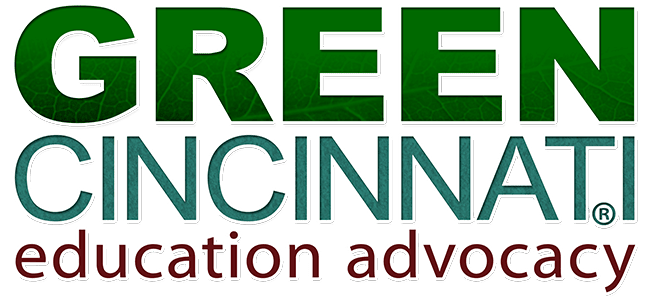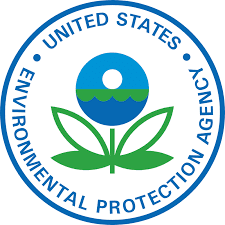Biden-Harris Administration Announces $117 Million in Grants Available to Advance Recycling Infrastructure and Prevent Wasted Food
WASHINGTON – Today, Sept. 16, as part of President Biden’s Investing in America agenda, the U.S. Environmental Protection Agency announced $117 million for three separate funding opportunities to advance recycling infrastructure and boost food waste prevention education across the country. Two of the notices are for Solid Waste Infrastructure for Recycling grants – one funding opportunity for Tribes and intertribal consortia and another for communities (such as cities, counties, and parishes) across the country. The third notice is for EPA’s Recycling Education and Outreach grant program and is focused on food waste prevention and composting. All three opportunities are made possible by President Biden’s Bipartisan Infrastructure Law, which provided the largest EPA investment in recycling in more than 30 years.
“Today we make another historic investment to reduce waste across the Nation,” said EPA Administrator Michael S. Regan. “Thanks to President Biden’s Investing in America agenda, EPA is deploying unprecedented resources to improve recycling services and increase educational outreach to communities. When we work together to prevent waste that contributes to climate change, we support local economies, create jobs that pay well, and better protect the health of everyone in the community.”
Some communities that lack waste management infrastructure do not have curbside waste collection services, recycling, or composting programs, which increases the strain on local waste management systems and increases greenhouse gas emissions. In addition, mismanaged waste contributes to health and economic issues in historically underserved and overburdened communities. Increasing recycling reduces climate, environmental, and social impacts of materials use and keeps valuable resources in use instead of in landfills. Preventing wasted food from ending up in landfills plays an important role in reducing greenhouse gas emissions.
The grant opportunities announced today will improve waste management systems and consumer education and outreach on waste prevention and recycling, meeting Congress’ goal to create a stronger, more resilient, and cost-effective U.S. recycling system. These funding opportunities also put the concrete steps identified in the “National Strategy for Reducing Food Loss and Waste and Recycling Organics” into action.
The projects that EPA will fund under the Recycling Education and Outreach grant selection—including a national education and outreach campaign—will lead to more recycling through composting, less wasted food from households, better markets for selling compost, and less contamination in the compost stream. Projects funded through the Solid Waste Infrastructure for Recycling grants will improve post-consumer materials management and infrastructure. In addition, the grants support EPA’s “National Recycling Strategy” goal of building an economy devoted to keeping materials, products, and services in circulation for as long as possible – what’s known as a circular economy. EPA anticipates releasing its final “National Strategy to Prevent Plastic Pollution” in the coming months. All are part of EPA’s series on creating a circular economy for all.
Both the Solid Waste Infrastructure for Recycling and Recycling Education and Outreach grant programs advance President Biden’s historic Justice40 Initiative, which aims to deliver at least 40% of the overall benefits of certain federal climate, clean energy, affordable and sustainable housing, clean water, and other investments to communities that are marginalized by underinvestment and overburdened by pollution.
Solid Waste Infrastructure for Recycling (SWIFR) Grant Program
The recycling funding for Tribes and intertribal consortia will provide approximately $20 million total in awards ranging from $100,000 to $1.5 million each. The recycling funding for communities will provide approximately $58 million total in awards ranging from $500,000 to $5 million each. This includes projects that will improve collection, transport, systems, and processes related to post-use materials that can be recovered, reused, recycled, repaired, refurbished, or composted. Read more about eligible applicants and activities for these funding opportunities for Tribes and intertribal consortia and those available to communities. EPA anticipates announcing a SWIFR funding opportunity for states and territories next year.
Recycling Education and Outreach (REO) Grant Program
The funding for the REO grant program will provide approximately $39 million for one award. EPA seeks coalition applications that include the following elements: (1) a project to develop and implement a national consumer wasted food reduction campaign; (2) a project that will increase the market for and sales of compost; and (3) a project that will increase education and outreach to households on composting. Applicants must demonstrate they will subaward a portion of the total award to implement education and outreach activities locally, which will benefit local communities. Read more about eligible applicants and activities for this funding opportunity for recycling education and outreach.
Learn more about how the Bipartisan Infrastructure Law is Transforming U.S. Recycling and Waste Management.
For information about the current recycling grant program recipients, visit the recycling grant recipient webpage.
For more information on preventing wasted food, visit the Sustainable Management of Food webpage.
Learn more about EPA’s circular economy work.

